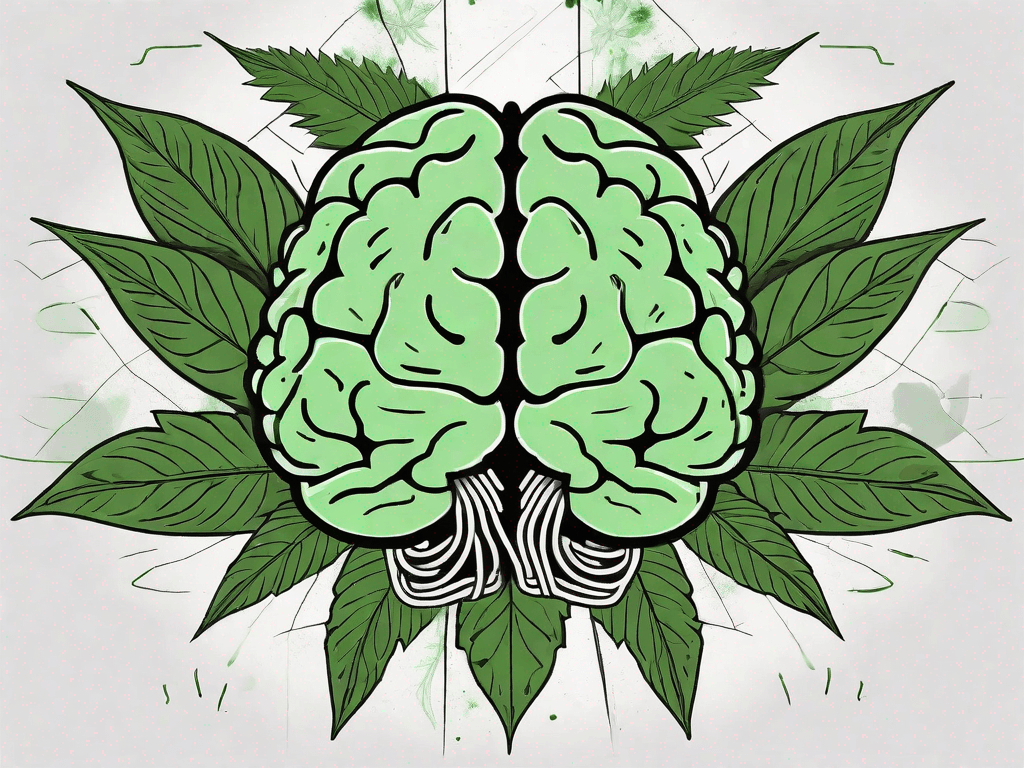
Cannabis and Mental Health: Exploring the Connection
The relationship between cannabis and mental health is a complex one, with a myriad of factors at play. As the use of cannabis becomes more widespread and accepted, it's crucial to understand the potential impacts on mental health. This article delves into the scientific research, anecdotal evidence, and societal perspectives surrounding this topic.
The Science Behind Cannabis and Mental Health
Before we delve into the specifics, it's important to understand the science behind cannabis and its effects on the brain. Cannabis contains over 100 different chemical compounds, known as cannabinoids, which interact with the body's endocannabinoid system. This system plays a role in a variety of physiological processes, including mood regulation and stress response.
The two most well-known cannabinoids are delta-9-tetrahydrocannabinol (THC) and cannabidiol (CBD). THC is the psychoactive compound responsible for the 'high' associated with cannabis use, while CBD is non-psychoactive and has been linked to a range of potential therapeutic effects.
THC and Mental Health
THC's effects on the brain are primarily due to its interaction with the CB1 receptor in the endocannabinoid system. This interaction can lead to feelings of euphoria and relaxation, but it can also cause anxiety, paranoia, and altered sensory perception in some individuals. The relationship between THC and mental health is complex and can vary greatly from person to person.
Research has suggested a link between heavy cannabis use, particularly high-THC strains, and an increased risk of developing mental health disorders such as schizophrenia and psychosis. However, it's important to note that this is a correlation, not a causation, and more research is needed to fully understand this relationship.
CBD and Mental Health
On the other hand, CBD has been studied for its potential therapeutic effects on a variety of mental health conditions. Unlike THC, CBD does not produce a 'high' and does not appear to have the same risk of mental health side effects. In fact, some research suggests that CBD may have antipsychotic, anxiolytic, and antidepressant properties.
However, while the early research is promising, it's important to remember that much of the research on CBD and mental health is still in the preliminary stages. More large-scale, controlled studies are needed to confirm these findings and understand the full range of CBD's potential benefits and risks.
The Societal Perspective
The societal perspective on cannabis and mental health is complex and often fraught with stigma and misinformation. While some view cannabis as a dangerous drug with serious mental health risks, others see it as a natural and effective treatment for a variety of mental health conditions.
It's crucial to approach this topic with an open mind and a critical eye. While cannabis does have potential mental health risks, particularly with heavy use and high-THC strains, it also has potential therapeutic benefits. It's also important to remember that everyone's experience with cannabis is unique and can be influenced by a variety of factors, including genetics, environment, and personal history.
Personal Experiences and Anecdotal Evidence
Anecdotal evidence and personal experiences with cannabis can provide valuable insights into its potential impacts on mental health. Many individuals report finding relief from symptoms of anxiety, depression, and post-traumatic stress disorder (PTSD) with cannabis use. However, others report experiencing increased anxiety, paranoia, and other negative mental health effects.
While these personal experiences are important, they should not be taken as definitive proof of cannabis's effects on mental health. Everyone's experience with cannabis is unique, and what works for one person may not work for another. Always consult with a healthcare professional before starting any new treatment for a mental health condition.
Conclusion
In conclusion, the relationship between cannabis and mental health is complex and multifaceted. While there are potential risks associated with cannabis use, particularly high-THC strains, there are also potential benefits, particularly with CBD. More research is needed to fully understand this relationship and to develop safe and effective cannabis-based treatments for mental health conditions.
As the societal perspective on cannabis continues to evolve, it's crucial to approach this topic with an open mind, a critical eye, and a commitment to understanding the science behind the headlines. Whether you're a healthcare professional, a patient, or simply an interested party, understanding the connection between cannabis and mental health is an important step in navigating this rapidly evolving field.

